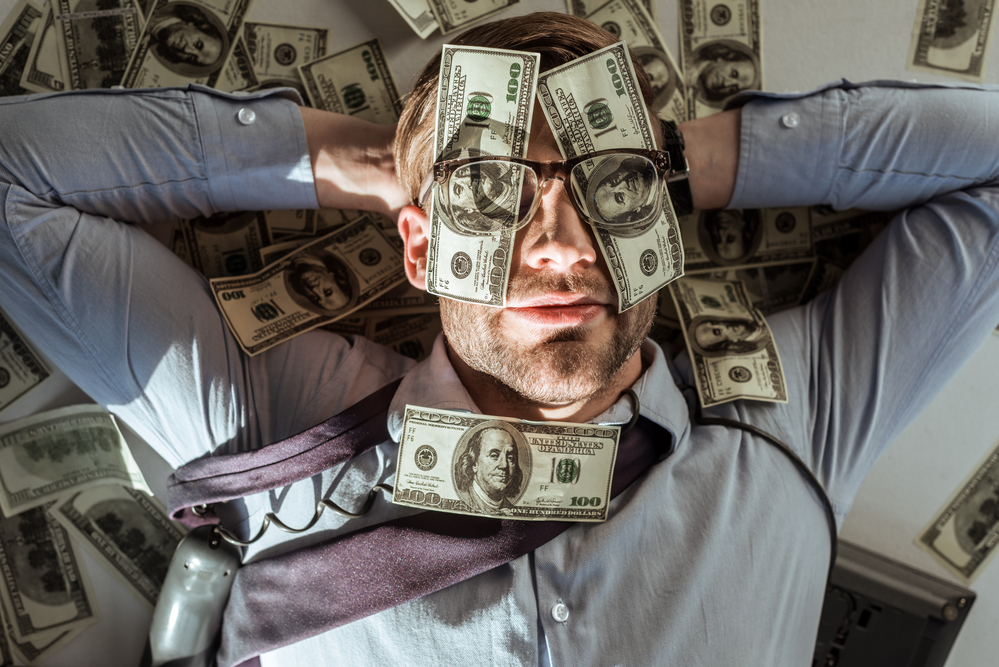The Dutch tax system likes to present itself as one that’s fair, progressive, and very good at redistribution.
Surprise, surprise, this isn’t really the case — and some people are much better off than others. (Yes, we’re talking about the rich). 🙃
New findings by the Dutch Central Planning Bureau (CPB) and Statistics Netherlands show that the richest 1% of Dutchies spend 21% of their income on tax, while for people with middle and high income, this is 40%, reports the NOS.
The lowest-income individuals spend about 55% of their income on tax. They do, however, get benefits, allowances, and tax credits from the government as compensation (how chivalrous).
New variables
Why are we only learning about this now? It’s because previous studies only looked at taxes on labour — and nothing else.
When you do that, you get that desirable picture of lowest-income individuals paying (almost) no tax thanks to tax credits and high-income individuals giving away a big chunk of their earnings.
But as we all know, the Netherlands has a bunch of other taxes too. If you add indirect taxes (taxes consumers pay when they purchase goods and services) and income from other sources than labour into the mix, you get a completely different picture.
The reality
Low-income individuals spend a relatively larger part of what they earn on indirect taxes, such as VAT and excise duty.
Arjan Lejour, CPB researcher and one of the authors of the new report, tells the NOS: “You have a kind of minimum you spend on life necessities, such as groceries or petrol. If you earn more, the proportion you spend on consumption becomes smaller and smaller. This means you pay less VAT in relative terms.”
But it doesn’t end there. The rich stay rich because they get income from assets, such as investments, renting out homes, or hoarding company profits. These are all categories that are taxed very differently (if at all) than income.
So, the takeaway from all this? Buy up a bunch of real estate and shares — that way, you’ll spend less of your income on taxes than those who can barely afford the rising food and energy prices.
Wait, you can’t even afford to buy a house in the Netherlands? Helaas pindakaas. 🤷♀️
Are you surprised by these new findings? Tell us in the comments!




Strange this article was penned by someone from a former Communist enclave. It reads like a screed from Marx or Engels. Everyone, rich or poor, either spends money or saves money. Poor people spend most of their money (on relatively) inexpensive goods and what they do save isn’t much in actual numbers. Very rich people spend much of their money on high ticket items that employ artisans who in turn employ others who pass their money down, BUT the very rich save and invest massive amounts of money that is invested in factories, stores and other enterprises that employ hundreds of thousands. If it wasn’t for the rich the poor and middle class would not have jobs or goods, but it’s also true, as the Communists say, they wouldn’t pay taxes either.